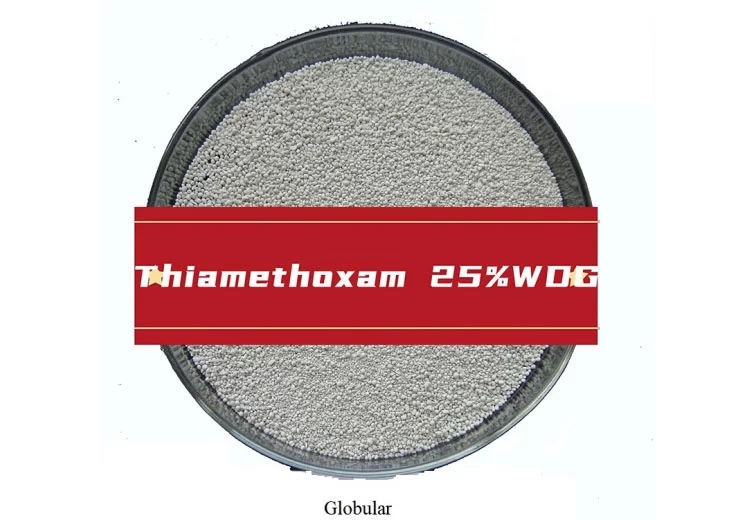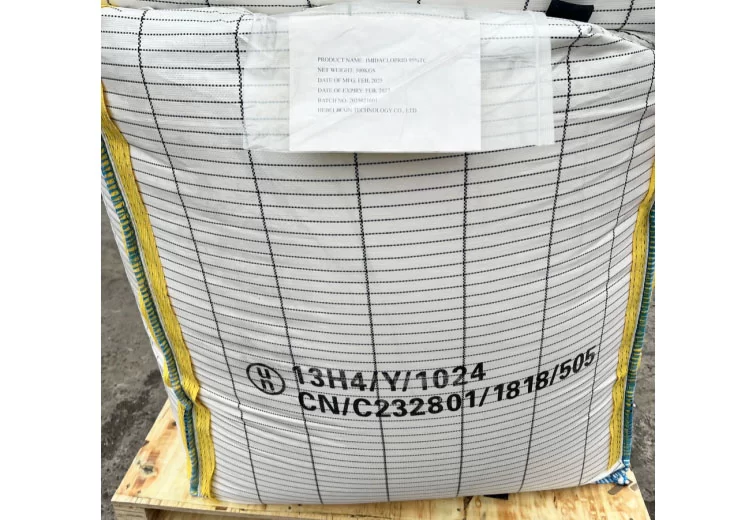
IMIDACLOPRID
1.Method of application: Because of its excellent endogenicity, it is particularly suitable for seed treatment and granule application.General mu with effective ingredients 3~10 grams, mixed with water spray or seed mixing.
2. Precautions: during application, please pay attention to protection, prevent contact with skin and inhalation of powder and liquid, and wash exposed parts with clean water immediately after application.Do not mix with alkaline pesticides.Do not spray in strong sunlight to reduce the effect.
Customerized packing label
FAO standard
Professional registration GLP,ICAMA,LOA etc.
Imidacloprid Customer Reviews
Imidacloprid FAQs
-
80%High PurityEnsure the reliability of each product.
-
58%Fast-Acting FormulaQuickly provide visible effects
-
What pests does Imidacloprid control effectively?
What pests does Imidacloprid control effectively?
Imidacloprid is highly effective against sucking insects such as aphids, whiteflies, thrips, and certain beetles. It also provides control of soil-dwelling pests like grubs and termites. The systemic action ensures protection throughout the plant, making it valuable for both foliar and soil applications.
-
How does Imidacloprid work as an insecticide?
How does Imidacloprid work as an insecticide?
As a neonicotinoid (Group 4A), Imidacloprid disrupts the nervous system of insects by binding to nicotinic acetylcholine receptors. This causes paralysis and death, with both contact and stomach poison activity. Its systemic properties allow it to be absorbed and distributed within plant tissues.
-
Is Imidacloprid safe for pollinators?
Is Imidacloprid safe for pollinators?
Imidacloprid poses risks to bees and other pollinators, especially when applied during flowering. Avoid spraying near blooming crops or use alternative products in pollinator-active areas. Soil applications generally have lower exposure risks than foliar sprays.
-
Can Imidacloprid be used in resistance management?
Can Imidacloprid be used in resistance management?
Due to widespread use, resistance has developed in some pest populations. Rotate with insecticides from different IRAC groups (e.g., spinosyns or diamides) to maintain effectiveness. Avoid consecutive applications in the same season.
-
What safety precautions are necessary?
What safety precautions are necessary?
Wear full PPE during handling. Observe pre-harvest intervals (PHIs) and avoid contamination of water sources due to toxicity to aquatic organisms. Follow local regulations regarding neonicotinoid use restrictions.





